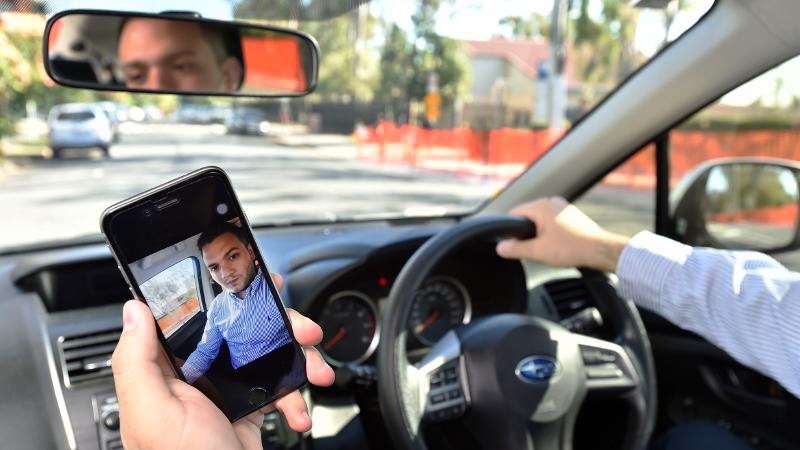
Domestic violence and digital technology, youth peace advocacy, sustainable building designs, and reducing death or serious injury caused by drivers using smartphones are some QUT projects awarded funding today by the federal government.
Seven QUT researchers are to receive a combined total of almost $2.92 Million as recipients of the 2020 Australian Research Council (ARC) Discovery Early Career Researcher Award.
Member for Brisbane Trevor Evans congratulated the QUT researchers.
“One of the projects will investigate how to reduce road accidents caused when people are distracted by their mobile phone,” Mr Evans said.
“Another will research how authorities have responded to the rise of technology-enabled domestic violence and what policies and practices are needed to combat it. These are world-leading research projects addressing practical and important issues that will make a real difference to Australians.”
The researchers are:
Dr Oscar Oviedo Trespalacios, QUT’s Centre for Accident Research and Road Safety (CARRS-Q) - $426,241
Current road safety policies based on stopping the use of smartphones while driving have shown little success. The project aims to develop safe engagement in competing tasks while driving non-automated and semi-automated vehicles. The outcomes will underpin the development of new technologies to reduce the potential adverse effects of these distractions and reduce deaths and serious injuries, representing significant cost savings to the health system and the community.
Dr Helen Berents, Faculty of Law, School of Justice - $397,774
An investigation of the roles youth play in building inclusive and durable peace at local and international levels - one of the first detailed studies of youth-led peacebuilding in three post-conflict contexts in order to generate new insights into best practice for including youth in peace and security policies. The project seeks to strengthen Australia’s leadership in peacebuilding initiatives and enhance policy efforts towards regional and global security and prosperity.
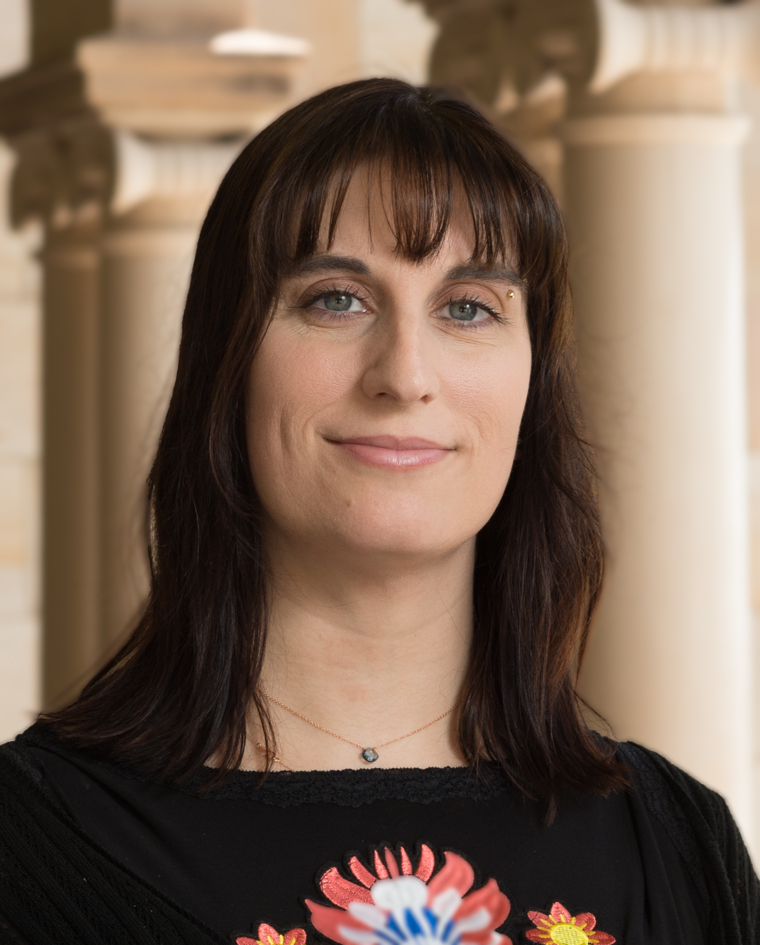
Dr Bridget Harris, Faculty of Law, School of Justice - $405,325
Digital technology is increasingly being used to enact and escalate abuse and stalking. Technology-facilitated domestic violence threatens psychological, emotional and physical wellbeing and safety, and signifies risk of homicide. Dr Harris seeks to assess existing state responses to and regulation of such harms; then provide an evidence base to enhance and develop innovative policing and judicial policy and practice, with benefits to communities and economies.
Dr Xi Chen, School of Chemistry, Physics and Mechanical Engineering - $424,398
The research will couple the building integrated renewable application with traditional architectural passive design strategies. A new indoor environment quality index will be proposed as an objective function to be optimized together with the net building energy consumption. Research findings will serve as significant guidance to effectively promote the application of the passive design in green building projects.
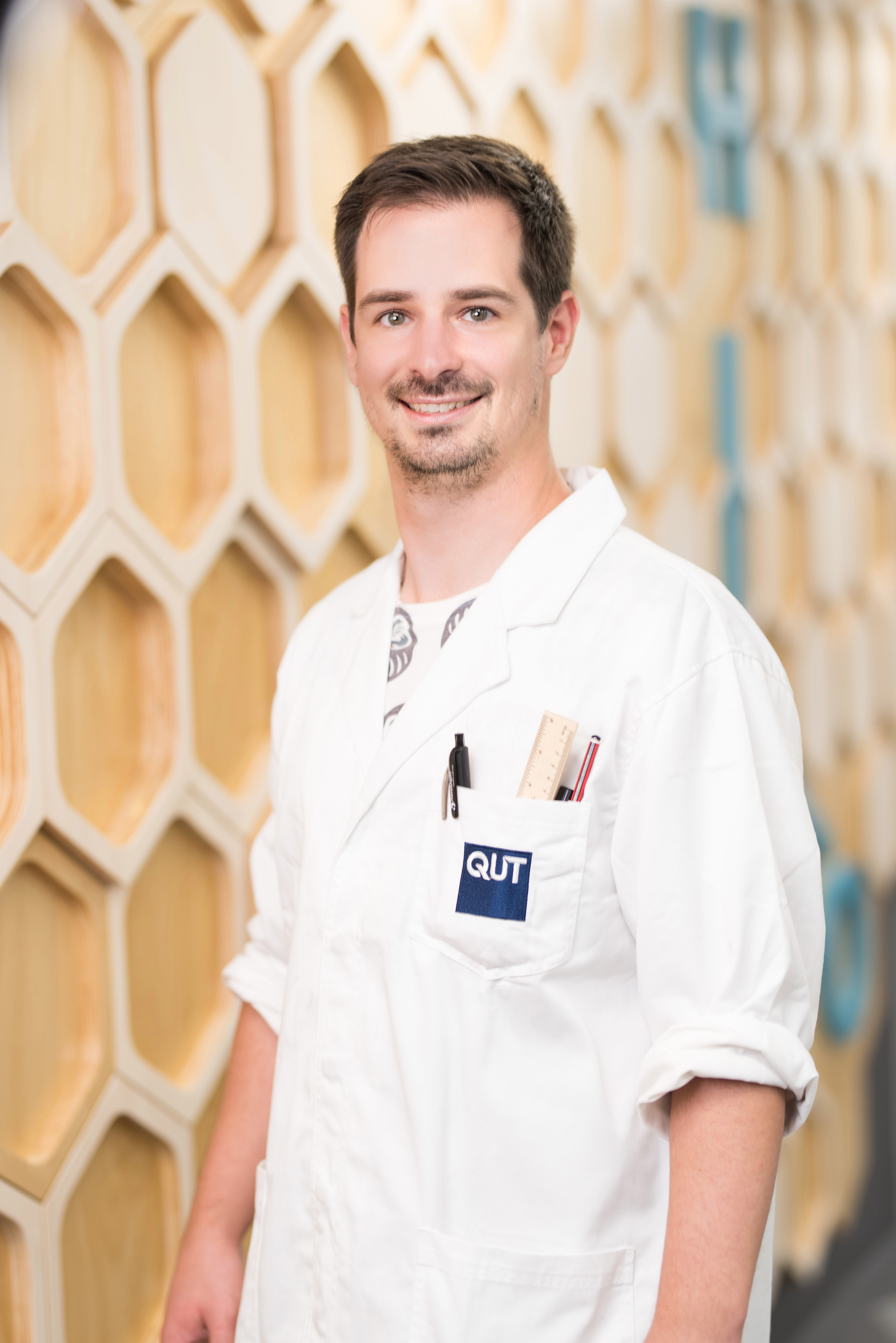
Dr Hendrik Frisch, Science and Engineering Faculty, School of Chemistry, Physics, Mechanical Engineering - $427,098
The project aims to set the foundation of a class of intelligent polymers, whose structure and function – including catalytic activity and biodegradability – can be readily programmed. In contrast to well-established radical polymerization techniques leading to all-carbon based backbones, the outlined research will develop technologies to incorporate short peptides into the backbones of synthetic polymers.
Dr Kate Helmstedt, Science and Engineering Faculty, School of Mathematical Sciences - $427,082
Current conventional management approaches will not prevent the degradation of threatened ecosystems like the Great Barrier Reef, so new technologies are needed. The biggest challenge in choosing these technologies is the long delay between development and deployment. The mathematical methods and theory developed by this project will inform a Great Barrier Reef case study, which can be readily applied to other ecosystems as the urgent need arises.
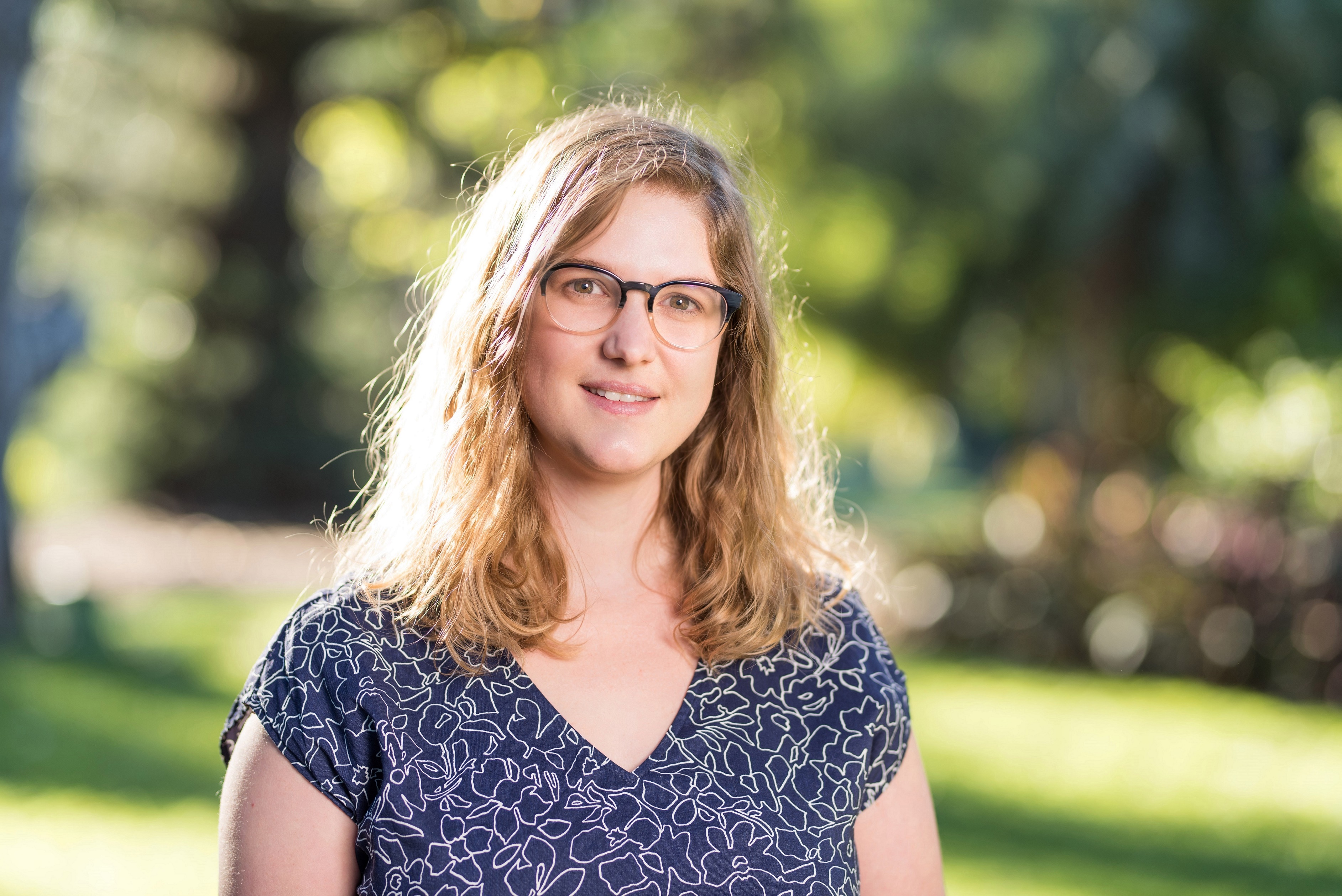
Dr Bryan Tuten, Science and Engineering Faculty, School of Chemistry, Physics, Mechanical Engineering - $415,498
This project will develop new methods and techniques in drastically reducing the cost while increasing worker and environmental safety of industrial elastomers such as Spandex. It will also exploit selenium's sensitivity to ozonolysis to design a new instrument capable of extreme precision in monitoring oxidative damage in polymeric materials. It is expected that selenium's unique reactivity will lend itself towards the next generation of smart materials which will be capable of completely reorganising their structure down to the molecular level.
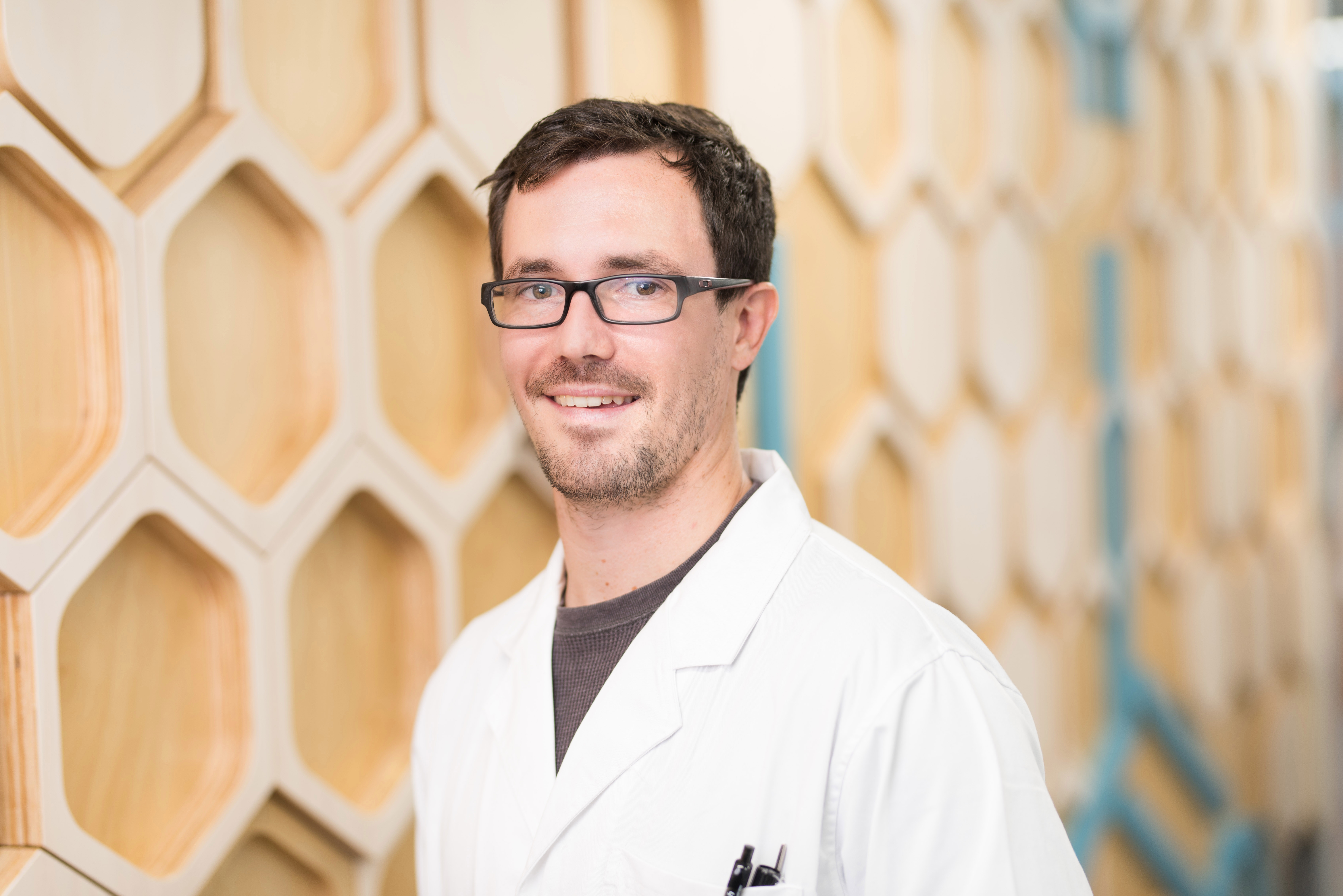
Media contact:
Amanda Weaver, QUT Media, 07 3138 3151, amanda.weaver@qut.edu.au
After hours: 0407 585 901, media@qut.edu.au




